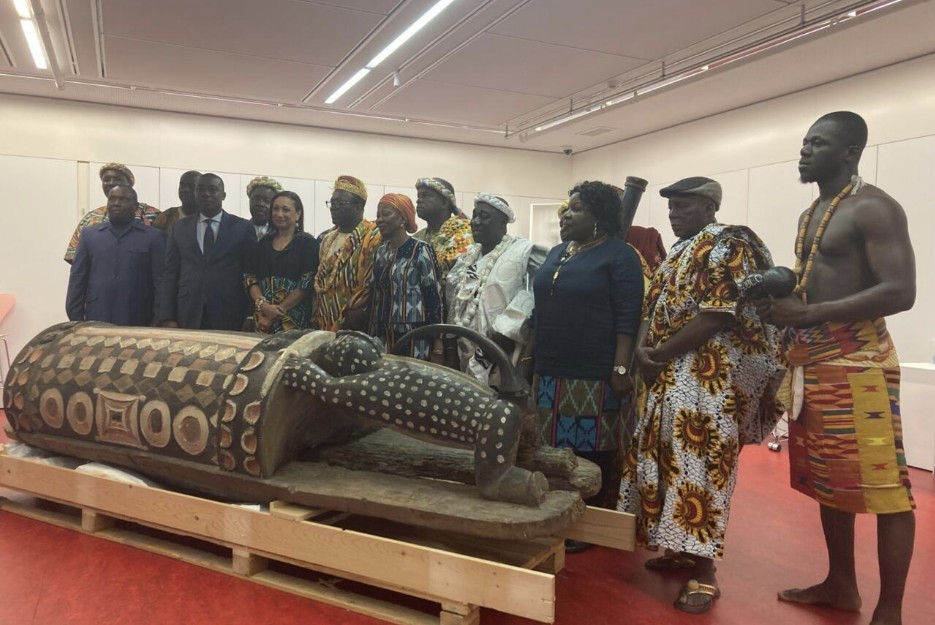Judicial Activism. Let’s Talk About It.
- Ella Browning
- Jun 16, 2025
- 3 min read

How are cases decided by judges? A question that remains at the centre of legal and jurisprudential debate, its relevance cannot be overstated in the 21st century. From Sir Owen Dixon’s doctrine of ‘strict and complete legalism’ to the evolving concept of judicial activism, much scholarship exists in answer to this. Despite the criticism the latter faces, it does, and must continue to, play an important role within judiciaries at both the domestic and international level.
First, however, it is vital to understand what, exactly, judicial activism is. Notwithstanding contestation, judicial activism customarily refers to the judicial philosophy that judges should consider the broader societal implications of their decisions, going beyond applying and interpreting the applicable law. As such, this phenomenon acts as the antithesis of judicial restraint – which is regarded by many as desirable to preserve democracy – inviting much scrutiny over whether it erodes due process and promotes the conflation of personal opinion with the law. Even so, we are witnessing a rise in judicial activism across the world.
The role of a judge is to interpret the law – not to shape or make it. Critics of judicial activism argue that when judges begin shaping or expanding the law through their rulings, they exceed the bounds of their constitutional role and encroach on the domain of the legislature. This, they contend, undermines the separation of powers, particularly given that judges are unelected officials, unlike legislators who are directly accountable to the public through democratic elections.
Within our own country, significant constitutional cases have been dictated by instances of judicial activism. In Love v Commonwealth, the High Court of Australia held that Aboriginal Australians were not to be considered ‘aliens’ under s51(xix) of the Australian Constitution – which would have allowed for the plaintiffs to be deported. The decision is argued to have gone beyond mere interpretation of the Constitution by defining who is considered an ‘alien’. This display of judicial activism was met by both praise and criticism. Abroad, the United States’ recently overturned Roe v Wade exemplifies this phenomenon.
However, whilst judicial activism might have a place within domestic jurisprudence, does it have one in international law? Do judges within the International Court of Justice and the International Criminal Court engage in judicial activism? Should they? As international courts and tribunals expand their roles, some scholars and practitioners argue that these bodies are not merely applying the law, but actively shaping it. While judicial activism in international law can advance justice and human rights, it also raises concerns about legitimacy, state sovereignty, and the proper limits of judicial power.
Looking specifically at the ICJ, the UN’s principal judicial organ, it has occasionally rendered advisory opinions that offer moral and legal guidance even when the law is not explicit. A notable example is its 1996 opinion on nuclear weapons, which, while cautious, suggested such weapons may be incompatible with international humanitarian law. Judicial activism is itself a subjective and contested concept; the lack of a clear definition and consistent agreement on what constitutes ‘judicial activism’ complicates efforts to categorically label such decisions as overreach. As such, is this truly activism, or simply the Court fulfilling its mandate to uphold human rights and promote global justice?
Whilst there is great potential for this practice to promote global justice – especially in cases where legislative progress is slow – and strengthen the international rule of law by being responsive to present-day realities, three questions cannot go unanswered: will states comply? What about state sovereignty? Are judges going too far?
As global crises multiply and state responses remain uneven, judicial actors will continue to play a critical – if contested – role in shaping the law. Whether that role strengthens or undermines the international legal system depends not only on what courts do, but how and why they do it.





Comments